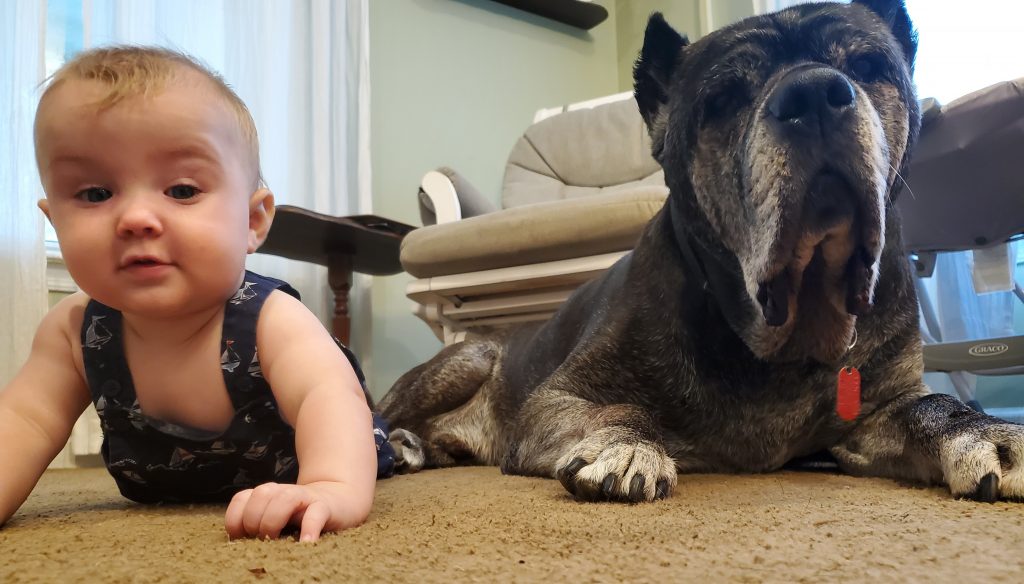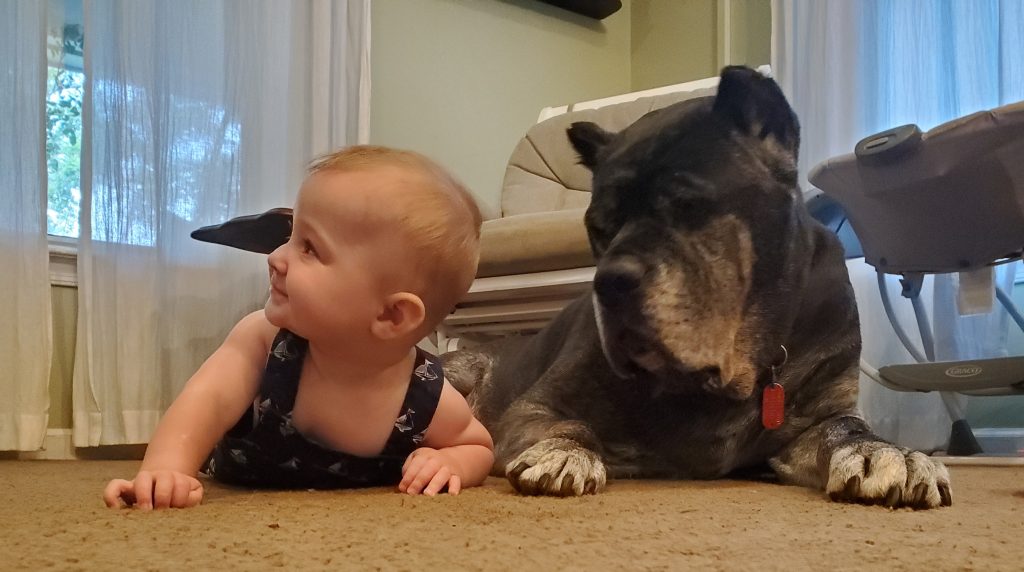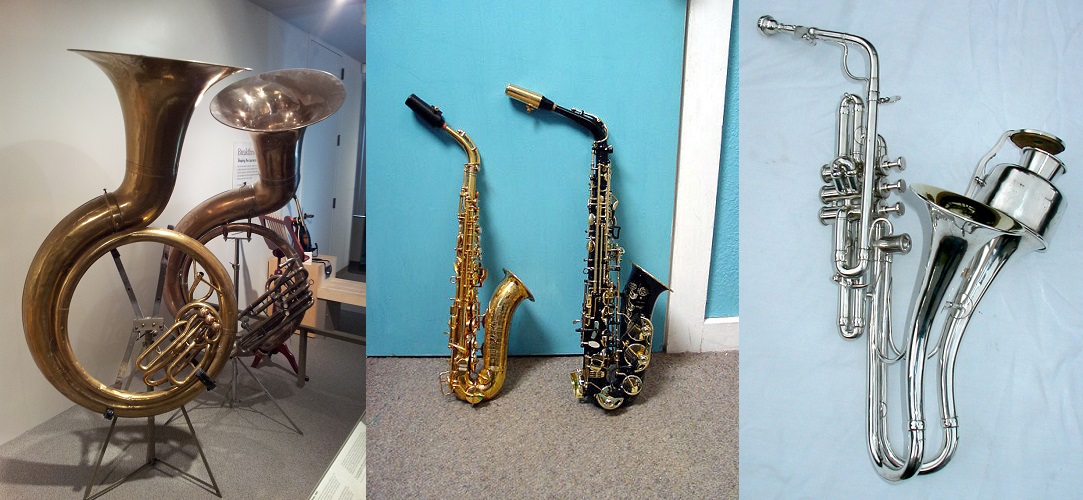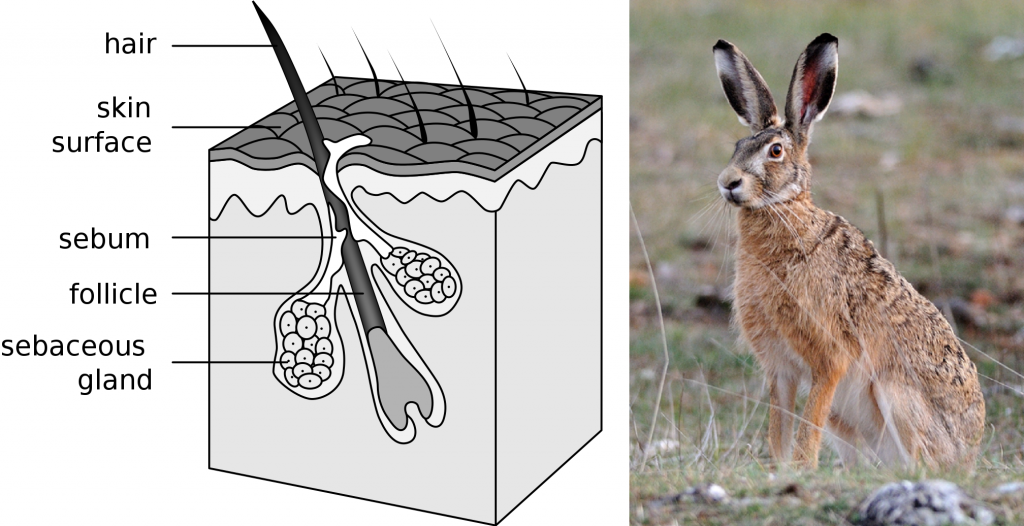Pretty much everyone talks. And pretty much everyone writes, whether it’s a novel, a report, or an email. Probably you have realized that one of the limitations of spellcheck is that it doesn’t notice missed words or stray extraneous words. Perhaps more problematic is that it doesn’t do away with word confusions.
Although you might get by with some of these in conversation, even verbally, a speaker misusing these words is like fingernails on a chalkboard! And word confusion calls into question the speaker/writer’s intelligence, education, and/or attention.
For each of the following word pairs, read the following sentences using each word correctly.
Spoken and Written Word Confusion

- Farther/Further (“farther” has “far” in it and only refers to distances)
- Don’t go any farther—there’s a cliff ahead!
- We’ll discuss this further at next month’s meeting.
- Who/Whom (remember the M—if you can substitute “him” or “them” for the word in question, use “whom”)
- Who is coming to the party tonight?
- You gave the award to whom?
- Anxious/Eager (anxious is akin to nervous, much less pleasant than eager)
- I’m anxious about catching a cold before the concert.
- My dog eagerly awaits breakfast every morning.
- Between/Among (between distinguishes separate items; among refers to elements within a group)
- The difference between an amateur and a professional musician might make your ears bleed.
- The disease spread among the flowers and wiped out all the roses.
- Bemuse/Amuse (to “bemuse” is to bewilder; to “amuse” is to entertain)
- The conflicting signs completely bemused the lost tourist.
- She can amuse herself for hours with a few crayons.
- Sit/Set (to “sit” is an action of one’s body; to “set” is to act on an object)
- The dog sits for treats.
- I set the candle in the candle holder when I set the table for dinner.
- Can/May (even the Oxford English Dictionary has admitted that, in informal settings, “can” is acceptable when asking permission, but technically/ formally “can” is a matter of ability while “may” is matter of permission)
- The parrot can imitate the dog barking.
- You may keep any fossils you may find in the sand.

- Accept/Except (“except” has an X for all the things it excludes)
- My landlord accepts pumpkin pie in lieu of rent every fall.
- He liked everything about the shirt except the size, shape, cut, color, style, fabric, and price.
- Affect/Effect (“affect” is a verb; “effect” is a noun)
- The arrow affected the aardvark.
- The effect was extraordinary.
- Adverse/Averse (“adverse” is a modifier meaning negative, while “averse” is a feeling)
- The medication had adverse side effects.
- I’m not averse to a little risk with my pizza.
- Elicit/Illicit (“elicit” is a verb; “illicit” is an adjective)
- The professor tried to elicit some kind of response from the class.
- The student’s illicit behavior resulted in his expulsion.
- Advice/Advise (“advice” is a noun; “advise” is a verb)
- My advice to you is to start drinking heavily. ~Animal House
- I’ve advised my client not to answer that question, Your Honor.
- Eminent/Imminent (“imminent” is very similar to “immediate”)
- The eminent researcher commands respect in her field.
- I’m afraid your demise is imminent.

- Fewer/Less (“fewer” is a number; “less” is an amount)
- My mother made fewer deviled eggs for last month’s potluck.
- My father made less potato salad for this month’s potluck.
- If/Whether (use “whether” when showing that two alternatives are possible)
- If you leave the door open, the dog might run out.
- Let me know whether or not you’re going to come next week.
- Imply/Infer (Sherlock Holmes infers information from what clients imply)
- My dog yawned, implying that she was tired.
- I inferred that it was time for everyone to go to bed.
- Nauseous/Nauseated (something “nauseous” causes a feeling of nausea)
- I was so nauseous that no one would sit near me on the bus.
- I felt nauseated after drinking a gallon of water in one sitting.
- Morale/Moral (“morale” is a way of expressing enthusiasm, and it has an e)
- Reducing working hours instantly raised staff morale.
- The doctor recommended a treatment in keeping with her moral code.
- Precede/Proceed (pre means before; pro means forward)
- A loud rumbling noise preceded the earthquake.
- Everyone, please proceed to the designated earthquake safety zones.
- That/Which (if you can change the meaning of the sentence by removing the words that follow, use “that”)
- Dogs that learn how to dance are always fun at parties.
- Boxes of books, which can be very heavy, are not fun when moving house.
Triple Word Confusion

- Apt/Liable/Likely
- “Apt” suggests that the subject has a natural tendency to the outcome
- The cookies are apt to run out before the party even starts.
- “Liable” has a negative connotation for the subject
- He’s liable to fail the class if he shows up drunk for the final exam.
- “Likely” is more neutral
- They’re likely to be early for the appointment.
- “Apt” suggests that the subject has a natural tendency to the outcome
- Lie/Lay/Lie
- In the present tense, “lay” requires an object and “lie” does not
- I lay the book on the table as I take off my shoes.
- I lie on the sofa when I have a headache.
- In the past tense, “lie” becomes “lay”
- Last week, I had a headache, so I lay on the sofa all afternoon.
- To tell an untruth is also to lie.
- Father, I cannot tell a lie; I chopped down the cherry tree. ~George Washington (apocryphally)
- In the present tense, “lay” requires an object and “lie” does not
- Raise/Rear/Rise (determine what is being moved and who is doing the moving)
- Use “rise” when the subject is lifting itself
- My dog rises early every morning and loudly demands breakfast.
- Use “raise” when one thing lifts another
- If we all work together, we can raise this barn before the rain comes.
- Use “rear” to mean caring for children
- Often royal nannies rear the noble princes and princesses, rather than their parents.
- Use “rise” when the subject is lifting itself
Written Word Confusion

- Mantel/Mantle (“mantel” can only refer to the structure above a fireplace)
- My grandmother has pictures of all her grand-dogs displayed on her mantel.
- The storm last night left the lawn covered in a mantle of fresh snow.
- Stationary/Stationery (“stationary” has an a because it is an adjective)
- I ride my stationary bike every day, but I never seem to get anywhere.
- The boss just ordered new stationery with the company logo on the letterhead.
- Complement/Compliment (“complement” a thing to make it complete)
- My doctor suggested I take a multivitamin to complement my prescriptions.
- The teacher complimented the student on her lovely handwriting.
- Principal/Principle (a principal is either an adjective or a pal)
- Principal Trunchbull was the principal bully at Matilda’s school.
- My dog has no principles; she’ll do anything for a treat.
Try your hand at creating the sentences. Check your sentences against a dictionary. Learn the differences. Even one misuse from this list is likely to elicit eye-rolls from at least some (more knowledgeable) people.
There are plenty of resources online to help you figure out which word you should be using in a given situation. One of my favorites in Grammar Girl’s Quick and Dirty Tips. The Merriam Webster Dictionary and Cambridge Dictionary also have helpful guides to avoiding word confusion.
If you have pet peeves about word confusions, let me know!
Bottom line: Make sure you’re saying what you mean!
















